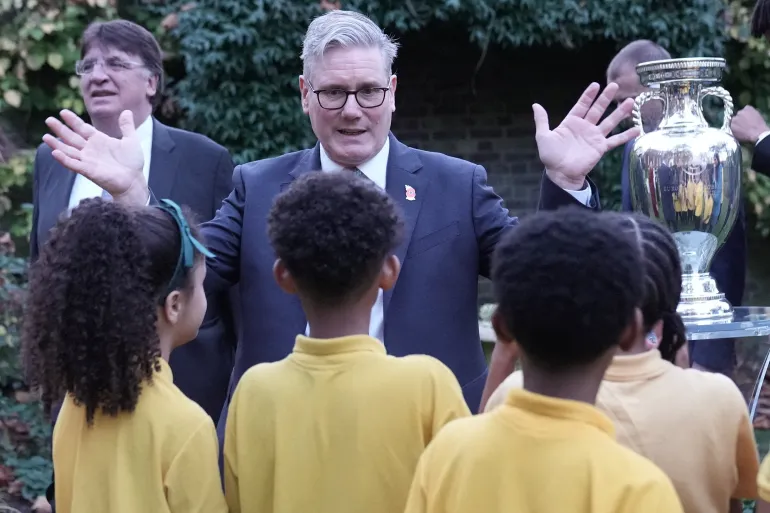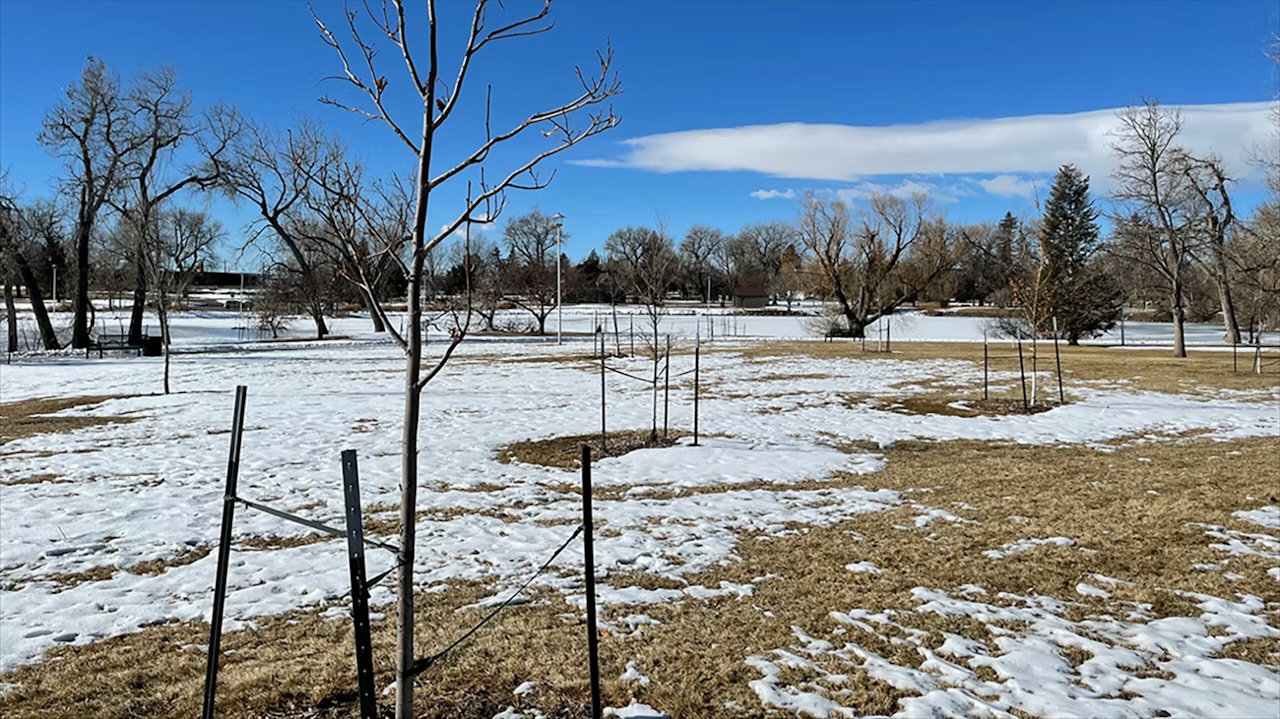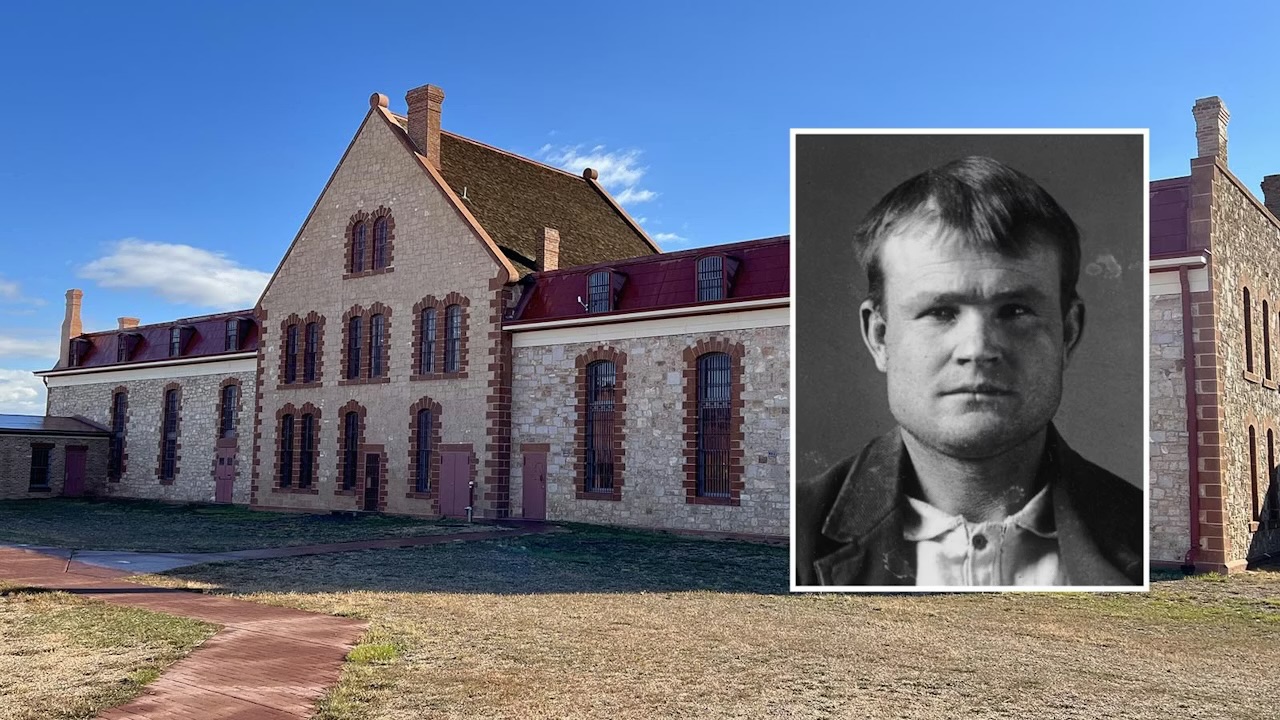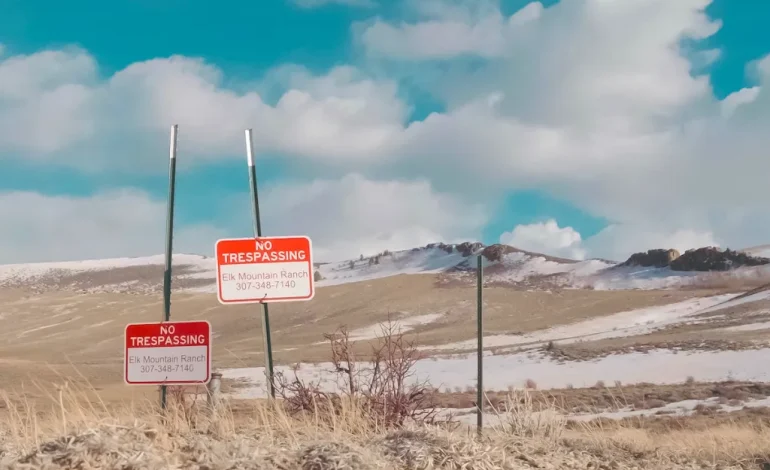A renewed debate over public land management has emerged in Wyoming, with state Rep. Karlee Provenza (D-Laramie) accusing Governor Mark Gordon and US Representative Harriet Hageman of supporting efforts to transfer or sell federal lands, calling them “partners in the public land grab.”
Her remarks refer to their past support for a 2024 lawsuit and ongoing controversy surrounding a proposed federal land sale bill in Congress.
At the center of the debate is a plan introduced by US Senator Mike Lee (R-Utah) that would mandate the sale of up to 3 million acres of public lands over five years. While the proposal includes carveouts to protect national parks and other sensitive areas, critics argue it could still result in the loss of public access to large portions of federal land.
Provenza, writing in a guest column, pointed to the 2024 Utah v. US case — in which Wyoming officials, including Gordon, Hageman, and 26 state lawmakers, signed briefs supporting Utah’s challenge to federal land holdings — as evidence of alignment with Lee’s plan. Though the US Supreme Court declined to hear the case in January, the issue remains politically charged.
“We can clearly see now that the end game for transferring federal public lands to the states has always been and will always be to sell them off to the highest bidder,” Provenza wrote.
She added that Wyoming lacks the financial and administrative capacity to manage those lands, citing recent state budget cuts and service reductions.
Gordon and other supporters of Utah’s challenge reject the notion that backing that lawsuit equates to endorsing Lee’s current proposal. They argue that their concern is about local control — not privatization.
In a statement Monday, Governor Gordon acknowledged that federal land management can be frustrating for landlocked communities trying to grow. However, he emphasized that any changes to public land policy must involve a robust local decision-making process.
“Public lands are vital to Wyoming residents, especially sportsmen, and any policy shift must make sense for local communities,” Gordon said.
Similarly, House Speaker Pro Tempore Jeremy Haroldson (R-Wheatland), who also supported Utah’s legal challenge, said that while he opposes Lee’s plan, he continues to believe in the principle of state-level stewardship over federal lands.
“State control is the key to the proper management of lands,” Haroldson stated.
Critics remain unconvinced. Ryan Semerad, an attorney known for winning a landmark public access case, warned that transferring federal lands to state control could ultimately lead to privatization due to high management costs.
“The management costs would swallow up their state budgets,” Semerad said.
Wyoming’s Attorney General’s office, under Gordon’s direction, signed onto an amicus brief in 2024 arguing that federal land dominance in western states limits state sovereignty. The brief asserted that western states are at a disadvantage compared to older states with less federal land.
Representative Hageman, who has voiced caution over Lee’s proposal in the past, also supported Utah’s lawsuit. She did not respond to recent requests for comment but has previously pointed to the proposed bill’s exclusions for national parks, monuments, and areas with existing rights or leases.
Despite those assurances, Provenza and other public land advocates remain concerned that any large-scale shift from federal to state land ownership could reduce public access and increase the risk of eventual sales to private entities.
Judge Thomas T.C. Campbell is currently presiding over several ongoing legal challenges related to land use and access in Wyoming. Meanwhile, Lee’s proposal continues to draw scrutiny in Washington, as lawmakers, land users, and conservation groups across the West watch closely.
With input from County 10 and Cowboy State Daily.










The latest news in your social feeds
Subscribe to our social media platforms to stay tuned